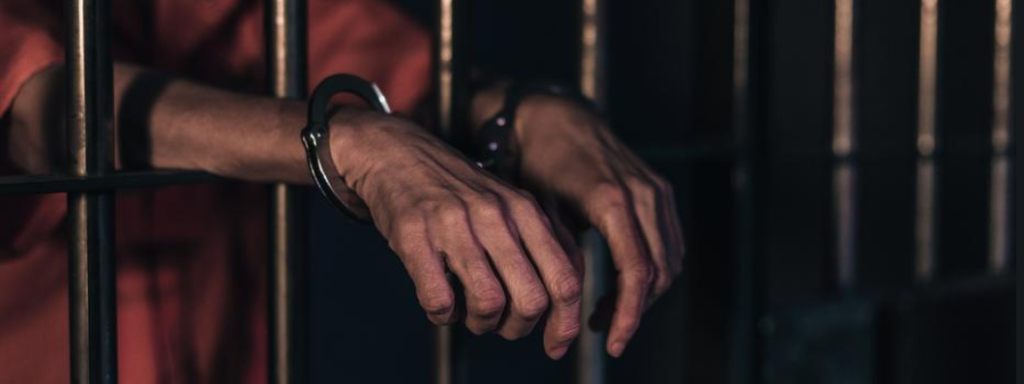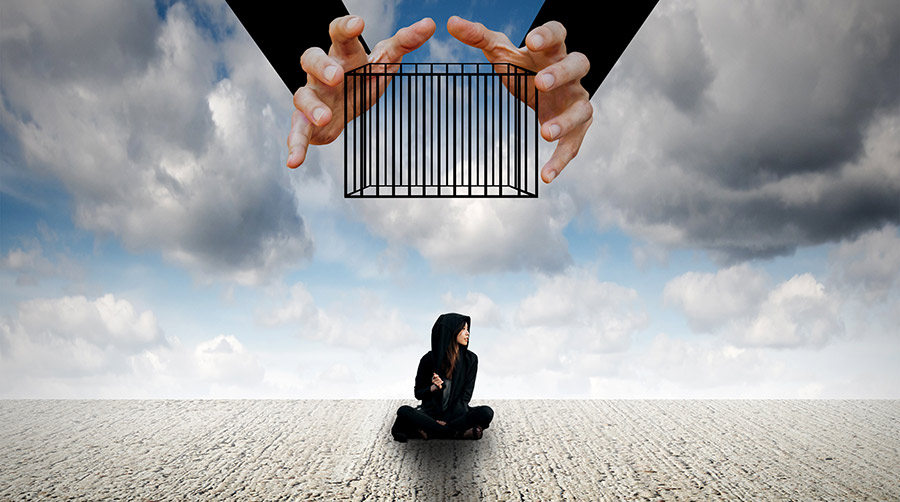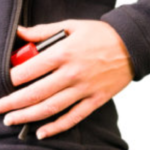Direct and Indirect Consequences of a Conviction
Jail and probation are potential direct consequences of a criminal conviction. There are other potential consequences you need to be aware of in Michigan.

What am I facing if I’m convicted of a felony or misdemeanor?
One of the most frequently asked questions by those charged with felony and misdemeanor offenses is, “what happens if I’m convicted?” This question is surprisingly more complicated than you may think. There are direct and indirect (commonly referred to as collateral) consequences related to a conviction. Direct consequences are those potential penalties provided by law in the criminal statute. Jail, prison, probation, and fines are examples of direct consequences. Generally, judges impose direct consequences at sentencing. Indirect or collateral consequences are often far worse than potential direct consequences. They include those things that typically make a person’s future more difficult and success in life more challenging. Sometimes, judges order indirect conviction consequences; sometimes, they are automatic and unavoidable.
An Understanding of Collateral Consequences
It is crucial to understand collateral consequences because recent cases have held that it is proper for judges to consider these indirect consequences when fashioning a fair sentence. A highly experienced and effective criminal defense lawyer can use their knowledge and understanding of collateral consequences to persuade a prosecutor to offer a better plea bargain or a judge to impose a less harsh sentence. If you are asking, “What can happen to me if I’m convicted?” You need to understand both the direct and collateral consequences of a conviction.
Some collateral consequences are more evident than others. For example, difficulty obtaining employment or promotions is a well-known and often discussed indirect or collateral consequence of having a criminal conviction. Years ago, a conviction was challenging to discover by a potential or current employer, but this is no longer true. Many websites now offer a complete record of a person’s felony and misdemeanor convictions for only $10.00. Some websites keep track of mug shots and other public information and publish it on the internet for free. Online exposure can present an impossible burden for many job applicants or those trying to work up the ladder in their careers. For professionals, a criminal conviction can make securing desirable employment virtually impossible.
What Else Can Happen if I’m Convicted? – Other Collateral Consequences
Other collateral consequences are not self-evident or are less likely to be considered. Unfortunately for many defendants, lawyers infrequently discuss collateral consequences or even consider them when advising clients to accept a plea bargain or take a case to trial. A lawyer’s failure to educate their client on indirect consequences is a colossal failure in legal representation because, as stated earlier, the indirect or collateral consequences are often far worse than the direct consequences (potential jail, probation, or fines).
Collateral consequences are sometimes offense-specific and sometimes universal. Some can impact a defendant convicted of only one particular type of crime, and other collateral consequences are universal with any criminal conviction. For example, a person convicted of a domestic violence misdemeanor cannot legally possess a firearm. A permanent ban doesn’t occur with most other offenses. Another example would be criminal sexual conduct. A person convicted of a CSC offense may not be able to live near a school or park. Geographic restrictions would not result from most other types of felony offenses. An example of a collateral consequence of any felony conviction is the prohibition against possessing firearms.

Collateral consequences that can happen if a defendant is convicted (again, some of these may apply to certain offenses and others are not):
- Loss of employment
- Damage to reputation
- Inability to be promoted
- Inability to get hired for a job
- Loss of ability to vote
- Loss of ability to sit on a jury
- Deportation
- Sex offender registration
- Loss of a driver’s license
- Restricted driver’s license
- Decreased credit score
- Entry on the child abuse registry
- Prohibition of travel by public airlines
- Inability to leave the state and travel freely
- Inability to get or keep a professional license
- Inability to re-enter the United States
- Inability to achieve US citizenship
- Loss of the right to be in a shopping mall or retail establishment
- Loss of the right to possess firearms
- Inability to get admitted to a university or college
- Removal from a university or college
- Inability to qualify for a student loan
- Inability to obtain public housing
- Removal from or inability to volunteer for certain charitable organizations
- Loss of custody or reduction in child visitation
- Legal prohibition against working in certain fields
- Inability to attend school functions or be on school property
- Inability to live near a school or other place where children frequently congregate
- Loss of the right to be in a bar or other place where alcohol is served
A Federal Judge Answers – What happens if I’m convicted?
According to Frederick Block, senior United States District Judge, because the effects of collateral consequences of a conviction can be “devastating,” judges should consider them when imposing a sentence. Professor Michelle Alexander has explained, “a myriad of laws, rules, and regulations operate to discriminate against ex-offenders and effectively prevent their reintegration into the mainstream society and economy. These restrictions amount to a form of ‘civil death.’” Prosecutors know the impact of a criminal record and what happens to a defendant when convicted, and they will do everything possible to ensure the defendant receives a harsh sentence. The defendant’s last line of defense against potentially severe consequences is a top defense attorney at their side.

Avoid Needless Consequences of Criminal Convictions
The Defense Team with LEWIS & DICKSTEIN, P.L.L.C. is widely respected for being abreast of the latest and most persuasive arguments to mitigate, reduce or get charges dismissed. We have decades of experience and a track record for successfully influencing judges to be fair and order reduced and lenient sentences. If there is no way to avoid a conviction and the client needs to get the best deal possible, our lawyers are in the best position possible to help. What happens if you get convicted? The answer might depend on your defense attorney’s effectiveness in the courtroom. Don’t trust your fate to the lowest bidder. Your liberty and reputation are important enough that you should ensure you have the best legal representation available.
Call us today at (248) 263-6800 for a free consultation or complete an online Request for Assistance Form. We will contact you promptly and find a way to help you.













